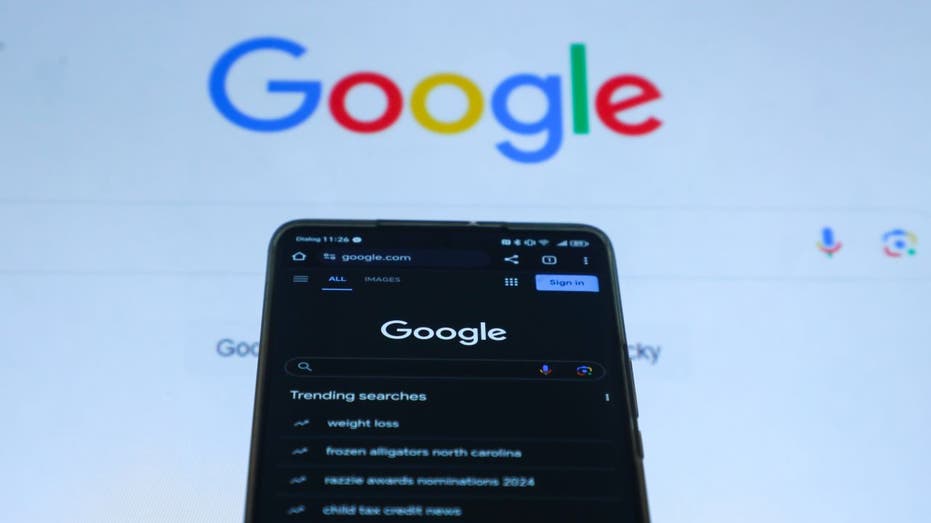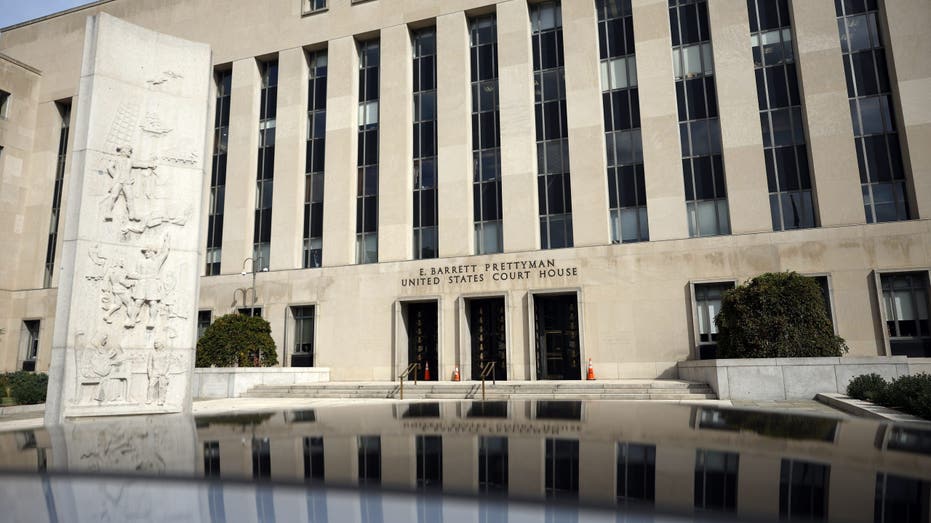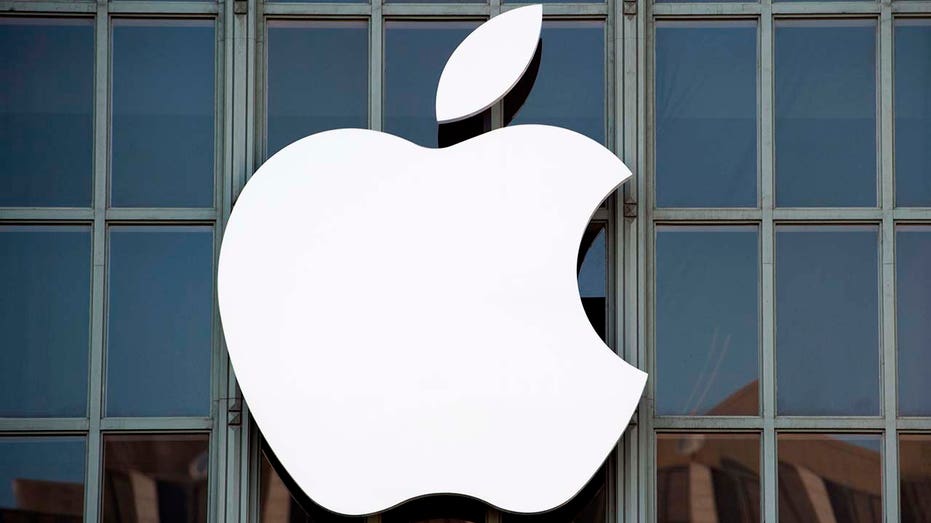Trump DOJ's plan to restructure Google hurts consumers, national security, says exec: 'Wildly overbroad'
Google and DOJ lawyers will appear in court on Monday to hash out remedies in its massive antitrust case, which centers on Google's online search monopoly
Other tech giants could be next DOJ target after considering Google breakup: Al Root
‘Barron’s Roundtable’ panelists Jack Hough, Al Root and Megan Leonhardt discuss the top three headlines of the week.
Google is taking aim at the Justice Department's efforts to overhaul its search engine just days before a federal court hearing, with senior company executives describing the government's proposed reforms as "wildly overbroad" and posing potential risks to consumers, businesses and the national security landscape.
One senior Google executive previewed the company's counterargument in an interview Friday with Fox News Digital, noting that, in their view, the remedies proposed by the Justice Department are "wildly broad" and going "miles beyond" what the court ordered in August, when U.S. District Judge Amit Mehta sided with the government and ruled that Google was operating an illegal monopoly in the online search sector.
The Justice Department's proposed remedy framework includes steps such as divesting from Chrome, Google's internet browser, and possibly Android; requirements for Google to disclose its consumer data and consumer search queries with other companies for the next 10 years, including companies located outside the U.S.; and broad options for "self-preferencing," which would limit user access to innovative integrations, including AI features, Google Translate and Google Lens, which allows users to search by their photos or using their camera.
ZUCKERBERG ENDURES EARLY GRILLING ON DAY 1 OF META MONOPOLY TRIAL

A mobile phone is displaying a Google search in Colombo, Sri Lanka, on Jan. 23, 2024. (Thilina Kaluthotage/NurPhoto via Getty Images / Getty Images)
The Justice Department accused Google of maintaining its monopoly over the years by paying internet browsers and smartphone manufacturers, such as Apple and Samsung, to have their search engine automatically featured on their devices.
And while Google contests the court's decision, and plans to appeal the case, the company also sees danger in the regulation-heavy remedies framework that the government submitted to the court, Kent Walker, Google’s president of global affairs, told Fox News Digital in an interview.
On the eve of the 15-day evidentiary hearing, which kicks off Monday in Washington, D.C., Walker outlined Google's concerns with the government's plan — noting that, in their view, the Justice Department's proposal to break up Google's search engine operations goes "miles beyond" the relief ordered by the federal court judge.
"We're very concerned about DOJ's proposal," Walker told Fox News Digital. "We think it would hurt American consumers, our economy, our tech leadership, even national security."
Google executives have described it as an "extreme proposal" that would endanger security and privacy for millions; chill investments in AI; and hurt innovative services, including Mozilla's Firefox, that depend on Google for search placement.
WHISTLEBLOWER TELLS SENATE COMMITTEE THAT META UNDERMINED US NATIONAL SECURITY TO COZY UP TO CHINA

The E. Barrett Prettyman U.S. Court House is seen in Washington, D.C. (Kevin Dietsch/Getty Images / Getty Images)
The proposed reform from DOJ "would result in unprecedented government overreach that would harm American consumers, developers, and small businesses — and jeopardize America’s global economic and technological leadership at precisely the moment it’s needed most," Walker said in a blog post shortly after DOJ’s proposal was released.
In addition to the steps outlined above, DOJ's reform proposal includes broad options for "self-preferencing," which would limit users' access to innovative integrations currently bundled within Google search — including AI results, Google Translate and the newer Google Lens, a feature that allows users to search using a photo or their phone's camera, Walker explained in an interview.
This week, the company submitted an alternative remedies proposal, which it says more accurately addresses the search distribution contracts that were at the heart of the antitrust case.
"The core finding here was that we were paying to distribute search in ways that made it harder for rivals to compete," Walker told Fox News Digital. "So our proposals deal with that, and say, ‘well, okay, we’ll adjust our contracts so that we're not paying for all of the access point across a device."
This includes shorter contracts for browser companies, like Apple and Mozilla; new contracts with Android, to allow for additional flexibility and the option to preload multiple search engines; and other important steps to make the landscape more competitive, he said.
"In sum, Google’s proposed remedies address much more than the specific conduct the court found to be anticompetitive in the liability phase of this case and provide rivals the opportunity to innovate and compete on the merits in the future while preserving Google’s innovation incentives," the tech giant wrote in its court filing.
Now, the remedy submitted to the federal court will require it to take certain steps to rectify those perceived wrongs.
GET FOX BUSINESS ON THE GO BY CLICKING HERE

Google has long paid Apple to pre-install software on its iPhones. (Josh Edelson/AFP via Getty Images / Getty Images)
The Justice Department's victory in the case last year is significant — it marked the first successful antitrust lawsuit brought by the U.S. against a major tech company since U.S. v. Microsoft in 2001.
But it is unclear whether its plan for relief will be as successful.
"This feels like a backward-looking case, [dealing with] things that happened 10 years ago, at a time of unprecedented innovation," Walker said of DOJ's reform proposal.
Both Google and Justice Department lawyers will reconvene Monday for the remedies hearing in Washington, D.C.




















